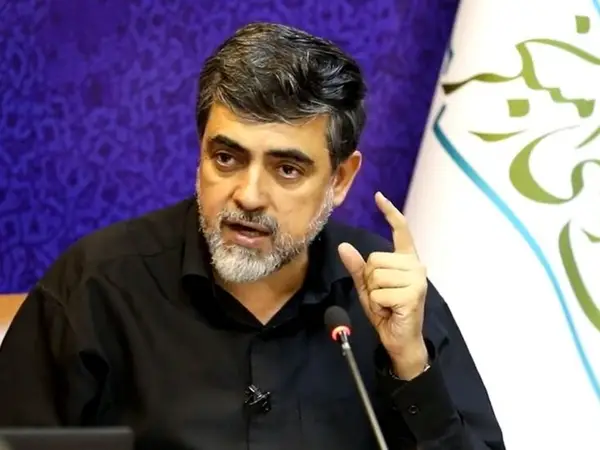A top official in charge of Islamic morals in Iran has defended gender segregation in higher education, claiming that families will welcome its introduction.
In a video interview earlier this week, Mohammad-Saleh Hashemi-Golpaygani, in charge of a government organization called Enjoining Good and Forbidding Evil Headquarters, claimed that gender segregation in higher education institutions will contribute to the progress of science and knowledge.
“I don't have an answer when I'm asked why students are kept separate before they reach adulthood but are mixed when they go to university,” he said.
Boys and girls are strictly separated from primary school, but most universities are mixed gender.
“Families will welcome gender segregation [in higher education]. They want a safe environment [for their children],” he said wildly claiming that there are twenty-one universities and colleges in the world that segregate including some in the United States. He also claimed that the average grade point rose by 1.5 in these universities after separating men and women.
Hashemi-Golpaygani’s remarks have outraged many on social media and websites and newspapers have criticized him for his controversial remarks.
In an editorial Tuesday, the moderate conservative Asriran told Hashem-Golpaygani that with his “imprudent and incorrect statements” -- including the undocumented claim that many of the world's top universities have implemented gender segregation and achieved better academic results as well as existence of facial recognition software that can help identify women with insufficient hijab -- he obliterates the Islamic concept of ‘enjoining good and forbidding evil’ and provides sensational stories for foreign-based Persian language media.
Some social media users have pointed out that Hashemi-Golpaygani’s own daughter has been studying in a mixed-gender university in Belgium.
In the same interview, Hashem-Golpaygani said that public CCTV cameras, including those in metro stations, are programmed to use facial recognition technology to take photos of unveiled women and to compare against photos in a national database to identify those who break the hijab rules. He suggested that the rule breakers be fined in the same way that people are fined for violating traffic regulations.
Hashem-Golpaygani said recently that about half of Iranian women do not abide by the mandatory hijab rules.
In its editorial entitled “Watch Fewer Sci-Fi Movies”, Asriran also told the offical that he should present himself to Iran’s state-run Cinema Organization if he is interested in the science fiction genre. His suggestion that fining hijab-rule-breakers by using blurry CCTV images will help convert them to hijab “would only be possible in sci-fi or comic films,” Asriran wrote.
The website also suggested that such technology, if it were available in the country, would better be used to find dangerous criminals. The police have numerous burglaries, car thefts, and mugging cases on their hands with footage of the culprits who they cannot identify.
In recent months government and security agencies have intensified their efforts to pressure women into abiding by the hijab laws and several rounds of anti-hijab civil disobedience campaigns have followed.
The patrols by the ‘morality police’ have increased on the streets and videos of violent arrests of women and girls as well as confrontations between people and hijab enforcers, including a recent incident in Shiraz which resulted in the closure of the shopping center where it happened, are becoming too common on social media.
